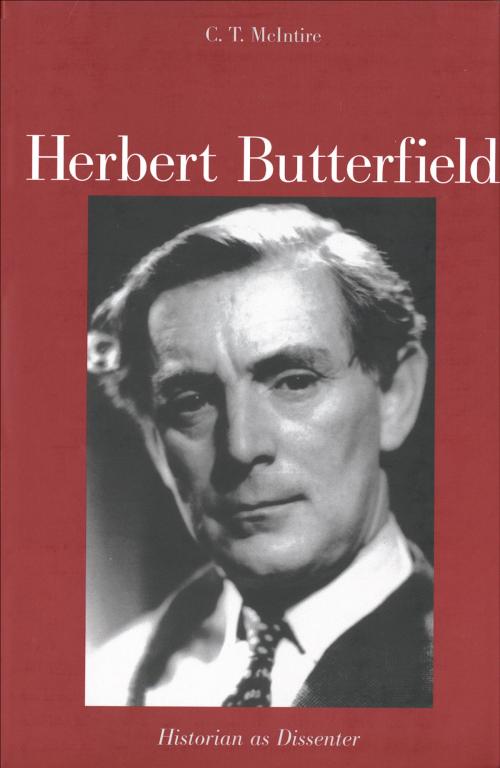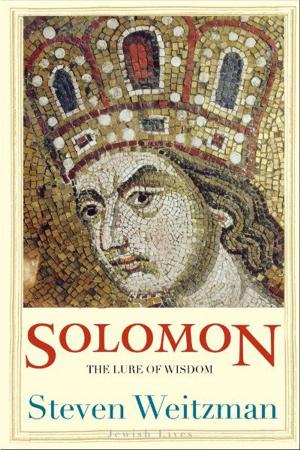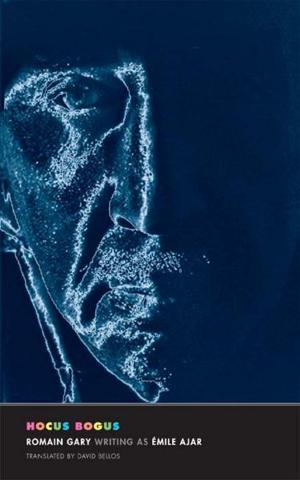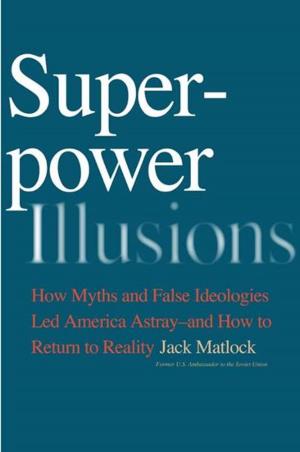| Author: | Professor C.T. McIntire | ISBN: | 9780300130089 |
| Publisher: | Yale University Press | Publication: | October 1, 2008 |
| Imprint: | Yale University Press | Language: | English |
| Author: | Professor C.T. McIntire |
| ISBN: | 9780300130089 |
| Publisher: | Yale University Press |
| Publication: | October 1, 2008 |
| Imprint: | Yale University Press |
| Language: | English |
Herbert Butterfield (1900-1979) was an important British historian and religious thinker whose ideas, in particular his concept of a Whig interpretation of history,” remain deeply influential. In this intellectual biography-the first comprehensive study of Butterfield-C.T. McIntire focuses on the creative processes that lay behind Butterfield’s intellectual accomplishments.
Drawing on his investigations into Butterfield’s vast and diverse output of published and unpublished work, McIntire explores Butterfield’s ideas and methods. He describes Butterfield’s lifelong devotion to his Methodist faith and shows how his Christian spirituality animated his historical work. He also traces the theme of dissent that ran through Butterfield’s life and work, presenting a man who found himself at odds with prevailing convictions about history, morality, politics, religion, and teaching, a man who elevated the notion of dissent into an ethic of living in tension with any established system.
Herbert Butterfield (1900-1979) was an important British historian and religious thinker whose ideas, in particular his concept of a Whig interpretation of history,” remain deeply influential. In this intellectual biography-the first comprehensive study of Butterfield-C.T. McIntire focuses on the creative processes that lay behind Butterfield’s intellectual accomplishments.
Drawing on his investigations into Butterfield’s vast and diverse output of published and unpublished work, McIntire explores Butterfield’s ideas and methods. He describes Butterfield’s lifelong devotion to his Methodist faith and shows how his Christian spirituality animated his historical work. He also traces the theme of dissent that ran through Butterfield’s life and work, presenting a man who found himself at odds with prevailing convictions about history, morality, politics, religion, and teaching, a man who elevated the notion of dissent into an ethic of living in tension with any established system.















